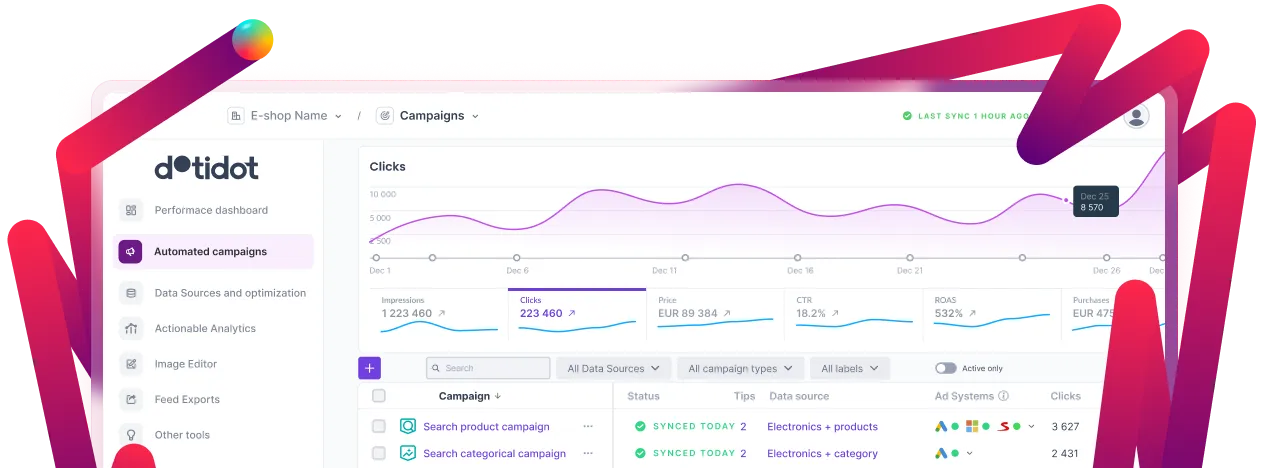Book a call with us







Facebook bots are automated accounts that mimic human behavior on the platform. These bots can:
Website bots target your business’s online presence by:
Even our own website has been target by these bots and we had to implement safety protections to minimize the risks.
Spambots can compromise user data, leading to privacy breaches and a loss of trust. It’s crucial to implement spam protection to ensure that sensitive information remains secure.
Bots can overwhelm your website’s resources, causing slowdowns or crashes, which negatively impact user experience and SEO rankings. Ensuring your site remains fast and reliable keeps users engaged and helps maintain search engine visibility.
Fake interactions and spam can damage your brand’s reputation, making it crucial to implement effective spam protection strategies. A clean, professional online presence builds trust with your audience.

CAPTCHA helps distinguish between human users and bots. By integrating CAPTCHA on your website’s forms and login pages, you can significantly reduce bot traffic. This added layer of security makes it more difficult for bots to infiltrate your site.
For content management systems like WordPress, various plugins are available to block spambots. These plugins can filter out fake traffic and spam comments, keeping your website clean and secure. Popular plugins include Akismet and Wordfence.
Regularly monitoring your website’s traffic can help identify unusual patterns indicative of bot activity. Use analytics tools to track IP addresses, user behavior, and traffic sources. Tools like Google Analytics and SEMrush can provide valuable insights.
A robust firewall can block suspicious IP addresses and prevent bots from accessing your website. Combine this with other security measures, such as SSL certificates and malware scanners, for comprehensive protection. Services like Cloudflare offer robust solutions to enhance website security.
For platforms like Facebook, enabling two-factor authentication (2FA) adds an extra layer of security. This ensures that even if a bot gains access to login credentials, it cannot easily infiltrate your account. Encouraging your users to enable 2FA can further protect their accounts.
Advanced spam protection systems use machine learning algorithms to detect and block spambots more effectively. These systems can adapt to new threats, providing a more dynamic defense. Tools like Google’s reCAPTCHA and Bot Protection by Imperva use AI to identify and mitigate bot activity.
Ensure all software, including your website’s CMS, plugins, and security tools, is up-to-date. Regular updates often include patches for security vulnerabilities that bots can exploit. Schedule routine maintenance to keep your systems secure.
In an era where spambots are increasingly sophisticated, defending your brand requires a multi-faceted approach. By understanding the risks posed by Facebook bots and website bots and implementing effective spam protection measures, you can safeguard your business and maintain a trustworthy online presence. Stay vigilant and proactive in your fight against spambots to ensure the integrity and security of your digital assets.
